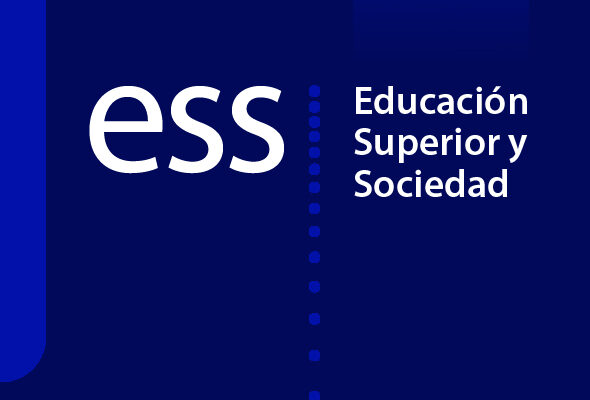Learn about the recognition of Venezuelan diplomas and degrees

On the occasion of the United Nations Day on 24 October, and in line with the Sustainable Development Goals reaffirmed in the Pact for the Future, UNESCO IESALC is launching the online course ‘Basic Guidelines for the Recognition of Venezuelan Degrees and Diplomas’. This training resource, aligned with the CRES Action Plan 2018-2028 and the Work Plan 2023-2024 of the Technical Secretariat of the Regional Convention for the Recognition of Studies, Degrees and Diplomas in Higher Education in Latin America and the Caribbean, provides key guidelines for the recognition of Venezuelan degrees and diplomas abroad. The initiative seeks to strengthen the regional commitment to human development and human rights, two of the fundamental pillars of the United Nations and its Charter.
This course is designed to provide the tools and theoretical knowledge necessary to understand the process of recognition of Venezuelan academic degrees and diplomas abroad. Participants will learn about the procedures and requirements necessary to validate Venezuelan degrees and diplomas in different international contexts.
We will explore the current legal architecture that regulates Venezuelan higher education institutions and the institutions responsible for licensing and accreditation, as well as the most frequently asked questions when recognising Venezuelan academic degrees.
It is aimed at education professionals, academic advisors, immigration officials and anyone interested in understanding and facilitating the recognition of Venezuelan academic qualifications abroad. Through a combination of theory and case studies, participants will develop the skills necessary to successfully navigate the recognition process, thus ensuring that educational achievements are properly valued and recognised anywhere in the world.
What will you learn?
- Procedures and documents required for the recognition of qualifications.
- How to navigate the accreditation and recognition systems.
- Success stories and solutions to common challenges.
It will taught by José Antonio Quinteiro Goris, Programme Coordinator at UNESCO IESALC, specialist in cross-border academic mobility, human rights and their protection mechanisms, the right to education itself and related rights.
Start date: 25 October 2024.
Duration: 12 asynchronous hours.
More information and registration: here
United Nations Day
The United Nations was officially established on 24 October 1945 after a majority of its founding members ratified a treaty establishing the world body.
In 1971, the United Nations General Assembly passed a resolution recommending that Member States make this day an official holiday. Traditionally, 24 October has been marked throughout the world by meetings, debates and presentations on the goals and achievements of the Organization.
The United Nations Educational, Scientific and Cultural Organisation (UNESCO) is a specialised agency of the United Nations Educational, Scientific and Cultural Organisation (UNESCO) is a specialised agency of the United Nations (UN) System.
RELATED ITEMS








